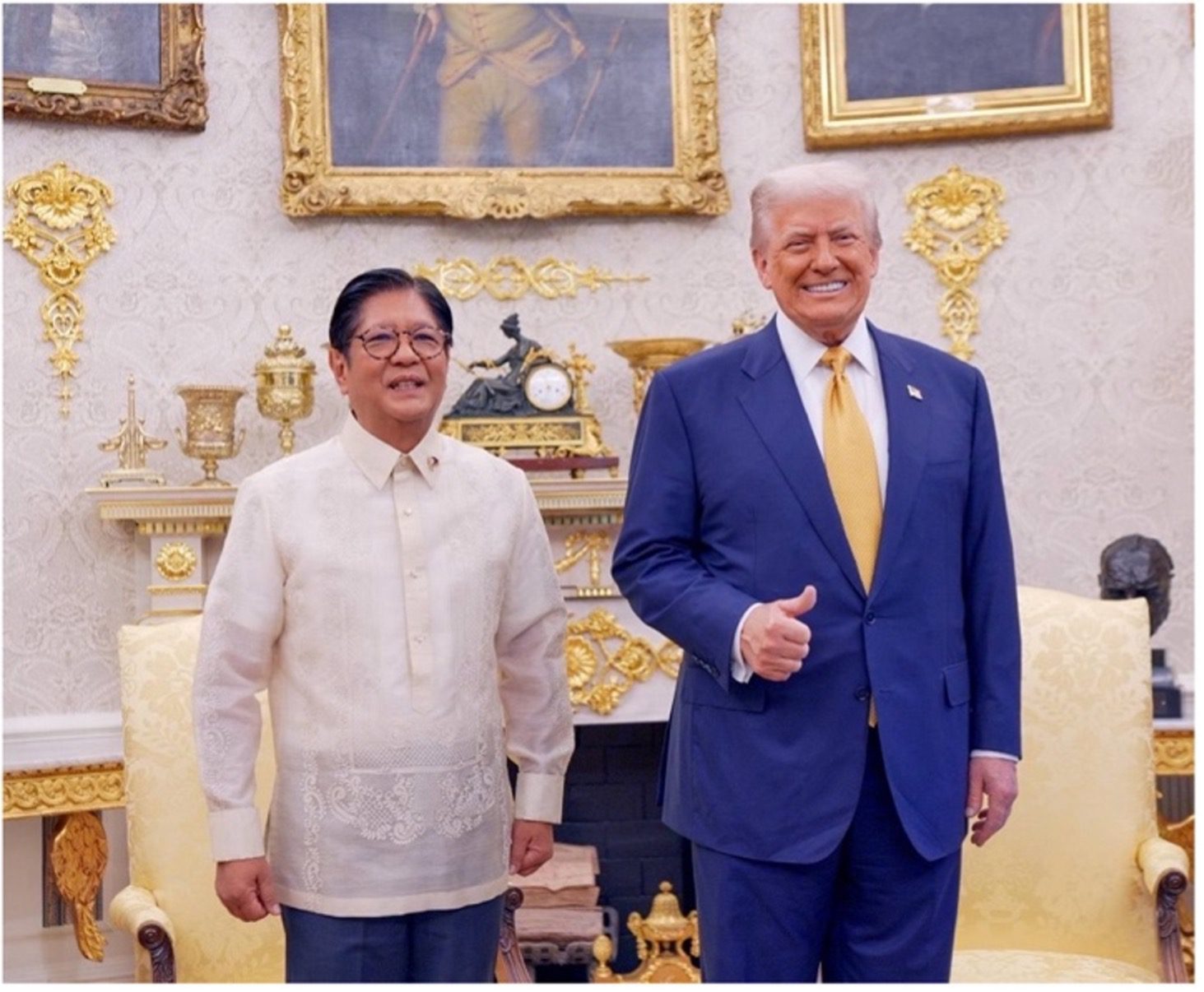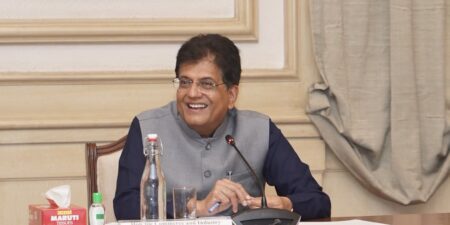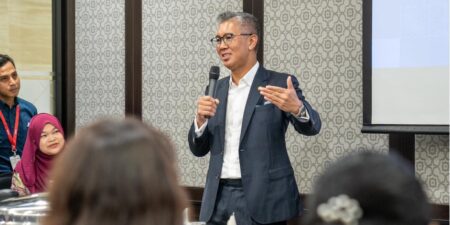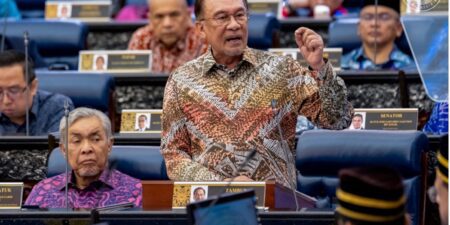The BGA Philippines team, led by Managing Director Victor Andres Manhit, wrote an update to clients on President Ferdinand Marcos Jr.’s recent visit to the United States.
Context
- Philippine President Ferdinand Marcos Jr. met with U.S. President Donald Trump July 22 to reaffirm and deepen the long-standing alliance between the two countries, with a particular focus on security cooperation and economic engagement. During the meeting, Trump highlighted the significant volume of business between the two countries. Marcos reaffirmed the long-standing and strong ties between the Philippines and the United States, which span more than a century, and emphasized that the United States remains the Philippines’ only treaty ally. He reiterated that the Philippines’ strongest, closest and most reliable partner has always been the United States, echoing Trump’s earlier description of the relationship as “ironclad.”
- Marcos is the first Southeast Asian leader to be invited to the White House under Trump’s current term, signaling the high importance Washington places on its relationship with the Philippines. Even during his first term, Trump recognized the strategic value of the Philippines, a view that has clearly endured. This continued recognition presents a timely opportunity for the Philippines to leverage its position as a key Indo-Pacific partner.
Significance
- Trump announced immediately after the meeting a 19 percent tariff on the Philippines, lower than the earlier threat of 20 percent but higher than the 17 percent rate set in April. Marcos confirmed the announcement and called it “a significant achievement.” He acknowledged that the 1 percent decrease might seem minor but emphasized that, in real terms, it represents meaningful progress. Marcos also clarified that not all goods entering the Philippines from the United States will be subject to zero tariffs. Trump said on his Truth Social platform that all U.S. exports would enter the Philippines tariff-free.In response to the trade deal, Marcos said that the Philippines will increase its imports from the United States, particularly soy products, wheat and pharmaceuticals, to help the country’s food supply chain become more stable and reduce the cost of medicines. Corn imports from the United States are also being considered. This move is expected to benefit Filipino consumers by improving access to essential goods and lowering prices, especially in the health and food sectors.
- Marcos held separate discussions with U.S. Secretary of Defense Pete Hegseth and Secretary of State Marco Rubio during his July 20-22 visit. Hegseth and Rubio reaffirmed the unwavering commitment of the United States to the Mutual Defense Treaty. Hegseth stressed that the treaty covers armed attacks on both countries’ armed forces, aircraft and public vessels — including coast guard assets — in the South China Sea and anywhere in the Pacific. He also emphasized that the Indo-Pacific remains the priority theater of the United States and affirmed that the United States would continue working closely with the Philippines and other like-minded nations to advance Trump’s “peace through strength” agenda. Hegseth noted that the United States and the Philippines have made rapid progress in enhancing credible deterrence and upholding a free and open Indo-Pacific.
- Amid China’s heightened aggression in what the Philippines calls the West Philippine Sea and the broader South China Sea, these efforts are critical to deterring coercive actions and strengthening the Philippines’ ability to defend its sovereign rights and project credible defense posture. The challenge, moving forward, is to institutionalize these gains through sustained policy coordination, expanded logistics cooperation, and long-term defense industrial collaboration that benefits both countries.
Implications
- Marcos noted that the Philippines will chair the Association of Southeast Asian Nations in 2026. He said that there is no need to balance the country’s relations between the United States and China, because the Philippines maintains an independent foreign policy focused on the defense of its territory and the exercise of its sovereign rights. He emphasized that the Philippines does not act alone but in cooperation with its partners, its strongest being the United States. He also highlighted efforts to build coalitions and multilateral relations with like-minded nations that share the same values, particularly respect for international law and the United Nations Convention on the Law of the Sea.
- Since his visit to the United States, Marcos has shifted his attention to the domestic front as he prepares to deliver his fourth state of the nation address July 28. The speech is expected to highlight his administration’s key accomplishments and set the tone for policy priorities in the second half of his term, including directions on foreign policy. According to a survey conducted by Pulse Asia Research Inc. in June, controlling inflation emerged as the top issue that Filipinos want Marcos to address in his speech. Around 32.9 percent of respondents identified inflation as a priority, including 25.8 percent who cited the need to reduce the prices of goods and services, and 7.1 percent specifically called on the president to revisit his campaign promise of lowering the price of rice to PHP 20 ($0.35) per kilogram. The results reflect that the public’s most pressing concerns remain primarily economic in nature. Other key concerns include increasing wages (13.6 percent), improving peace and order (13.2 percent), expanding employment and livelihood opportunities (9.8 percent), and reducing hunger and poverty (7.4 percent).
- These findings reinforce the key issues that the public expects Marcos to address in his upcoming speech. Filipinos will look for clear direction on how the administration plans to tackle these persistent socioeconomic challenges.
We will continue to keep you updated on developments in the Philippines as they occur. If you have any questions or comments, please contact BGA Philippines Managing Director Victor Andres Manhit at vmanhit@bowergroupasia.com.
Best regards,
BGA Philippines Team

Managing Director
Dindo is recognized as one of Manila’s most well-connected and savvy advisors on developments in government and business in the Philippines. Concurrent to his role as managing director for BGA’s operations in the Philippines, he is also the founder and managing director of the Stratbase Group and president of its policy think tank, the Albert del Rosario Institute for Strategic and International Studies. Since 1991, Dindo has served as a member of the faculty and is the former chair of the Political Science Department and a senior fellow of the La Salle Institute of Governance at the De La Salle ...
Read More


























